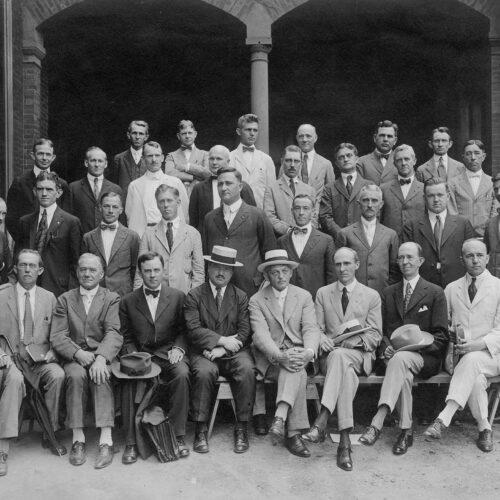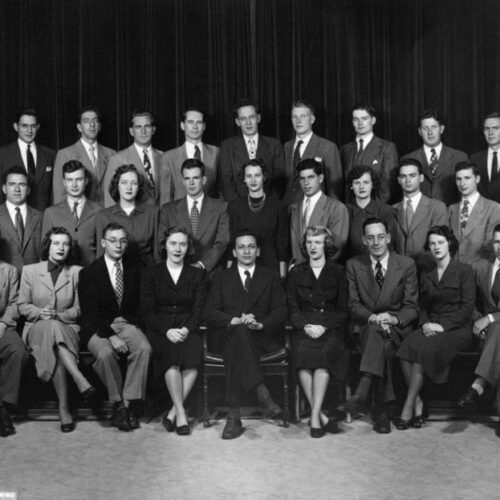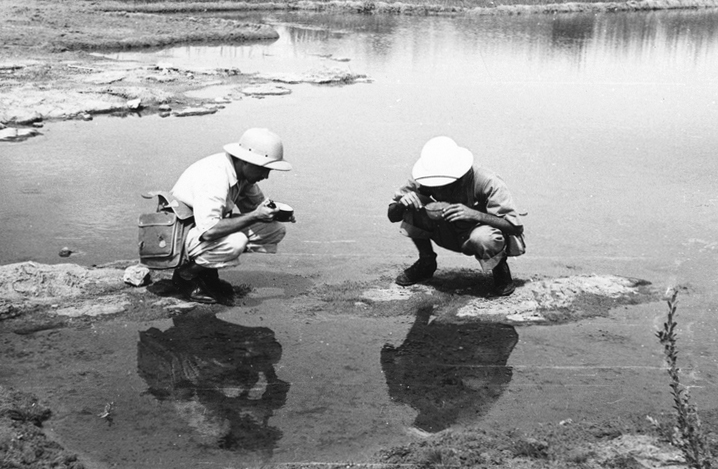Topic: Global Engagement
Featured
Ping-Pong Diplomacy: NGOs and International Relations
When a friendly interaction unexpectedly emerged between American and Chinese table tennis players, one nonprofit seized the opportunity to support broader cultural diplomacy.

“Distasteful Regimes”: Authoritarianism, the Ford Foundation, and Social Sciences in Brazil
When the restrictive military regime that had taken power in Brazil in 1964 became even more repressive by 1969, staffers at the Ford Foundation found themselves facing a conundrum.

The Rockefeller Foundation’s Role in Creating the Atomic Bomb
In the aftermath, Foundation staff struggled to rectify their organization’s involvement with this weapon of mass destruction.


The Rockefeller Foundation’s University Development Program
Launched in the 1960s, this program provided financial support for more than two decades to strengthen universities in the Global South.

Evolution of a Foundation: an Institutional History of the Rockefeller Foundation
One of the first large-scale philanthropic foundations in the United States was created out of industrial wealth and came to reach around the globe.



Early 20th Century Reforms of Medical Education Worldwide
Working to change US medical education was one of the Rockefeller Foundation’s biggest endeavors in the 1910s and 1920s, extending from Johns Hopkins in Baltimore to Beijing, China.

“For Initiative and for Experiment”: The International Education Board, 1923-1938
Incorporated in 1923 with funding from John D. Rockefeller, Jr., the IEB built a major scientific network in Europe and the US in only five years.

The Women Pioneers of Global Nursing Education Who Built the Rockefeller Foundation Program
A massive program in nursing education extended to 53 schools across the globe. But it never became a top priority of the foundation that supported it.


International Cooperation and Soft Diplomacy: The Rockefeller Foundation’s Bellagio Center
Convenings at Bellagio have tackled global challenges of every sort, from trade and finance to public health, agriculture, and food security.

The Birth of International Agricultural Research Institutes in the Mid-20th Century
Rockefeller Foundation agriculture programs begun in Mexico achieved global reach through four major research institutes. Building them was the result of partnership.